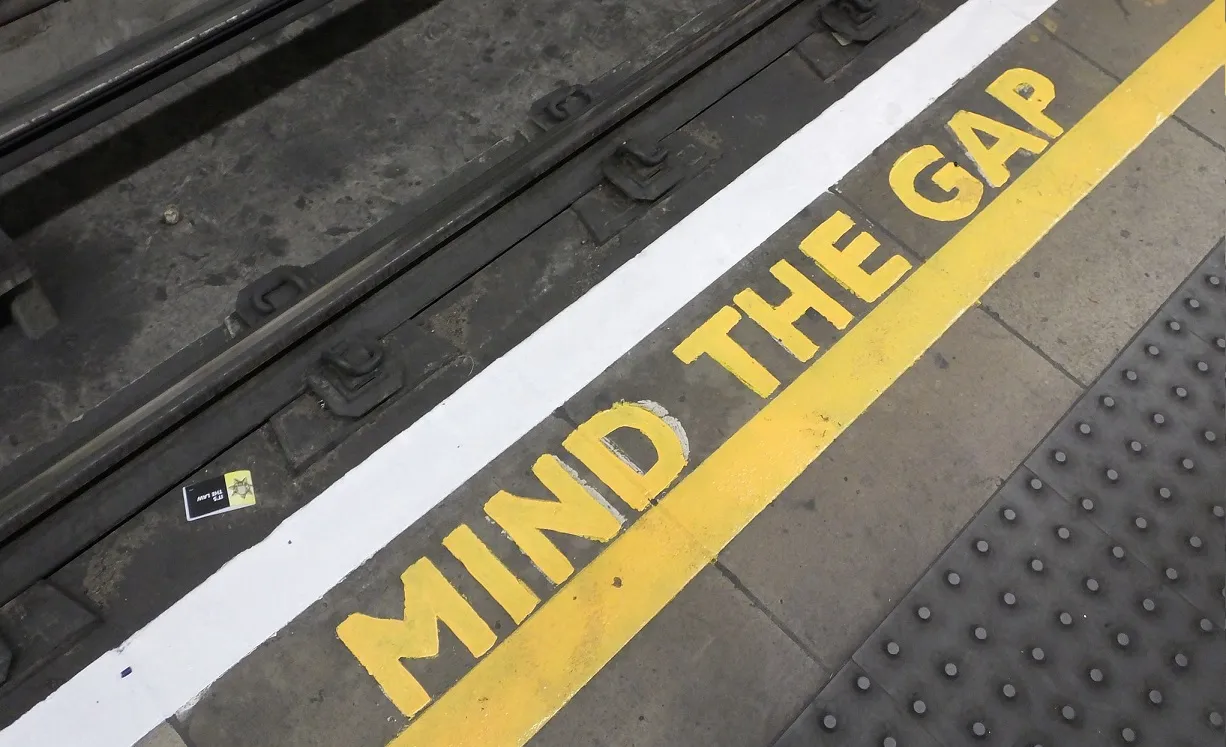Money in Politics
Political Finance and Inclusion

Women, people with disabilities, LBGTI individuals, youth, and indigenous people face both demand-side and supply-side barriers to their participation in politics. A lack of access to political finance is one of the biggest hurdles. Funding plays an essential role in politics, and the high cost of election campaigning means that politics often does not afford equal opportunities for all to compete. Those who have financial means, moneyed networks, patrons, and party support are disproportionately advantaged over those who do not, making the former more likely to compete for—and win—political office. Underrepresented groups have insufficient access to political finance, which inhibits their ability to fully participate in politics and public life.
Through our work, we work with governments, political parties, regulatory agencies, and other stakeholders in addressing these barriers and levelling the playing field through targeted political finance measures. We also conduct research on the challenges faced by different groups in accessing political finance, document measures that have been adopted in different countries around the world and assess the impact of these measures on political participation of underrepresented groups. Our goal is to ensure that the quest for more accessible political finance includes consideration of other important aspects that are indispensable to more inclusive and representative politics.
Resources
- Publication: Reforming Political Finance for More Diversity in Political Office
- News: Mind the (Funding) Gap! Reflections on political finance to promote inclusive democracy
- Video: Political finance for more diversity in politics
- News: Break the financial bias: Levelling the playing field for women in politics through political finance measures
- Publication: Gender-targeted Public Funding for Political Parties
- Video: Gender and Political Finance 2019
- Publication: Political finance and the equal participation of women in Colombia: a situation analysis
- Publication: Political finance and the equal participation of women in Tunisia: a situation analysis
- Publication: Political party financing and equal participation of women in Kenyan electoral politics: A situation overview
- Publication: Women’s access to political finance: insights from Colombia, Kenya and Tunisia